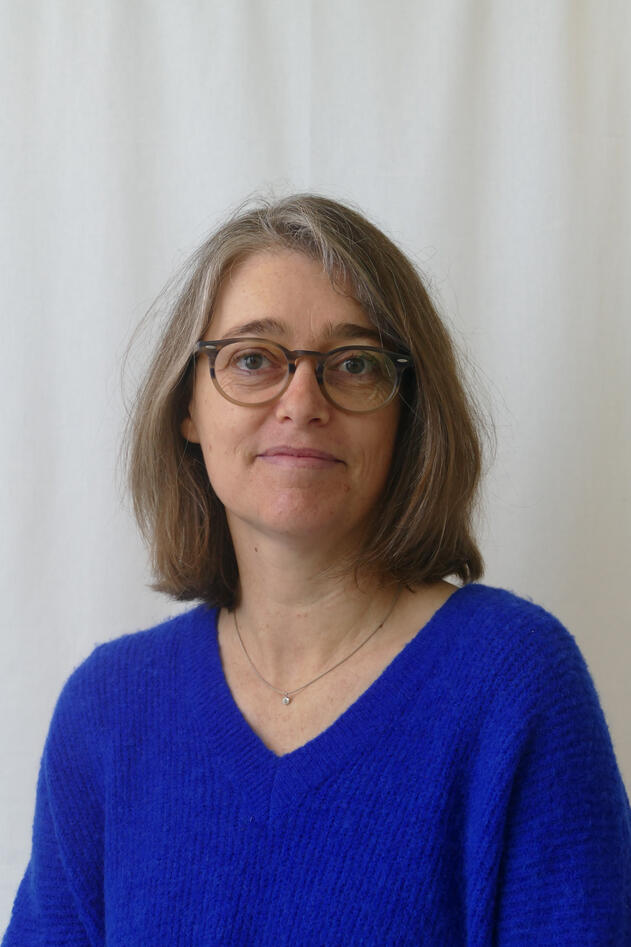Dr. Sandra Duharcourt, Institut Jacques Monod, University Paris Cité, France
Dr. Sandra Duharcourt, head of the 'Programmed Genome Elimination' group at the Institut Jacques Monod CNRS Université Paris Cité, will present her talk "Epigenetics and genome dynamics: what can we learn from the ciliate Paramecium?"
Hovedinnhold
Our work aims to understand the fundamental mechanisms governing chromosome structure and genetic stability in eukaryotes. We study a remarkable process of genome editing that occurs during development in the unicellular eukaryote Paramecium. This process involves the massive and reproducible elimination of repeated DNA sequences, such as transposable elements. It involves small (s)RNA-directed heterochromatin formation and subsequent DNA excision and repair. sRNAs are produced from the germline genome during meiosis and guide the deposition of histone H3 post-translational epigenetic modifications onto sequences to be eliminated in the developing somatic nucleus, and specifically tether the DNA cleavage and repair machinery. We demonstrated that the Paramecium histone methyltransferase Ezl1, a homolog of the mammalian PRC2 catalytic subunit, catalyzes H3K27me3 and H3K9me3 on transposable elements. We currently investigate how the Ezl1-associated complex is recruited to transposable elements, and how the histone H3 post-translational modifications trigger DNA cleavage and repair.

Read more at Dr. Sandra Duharcourt's research group website.
